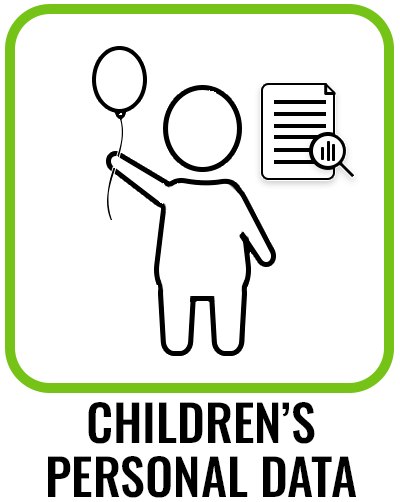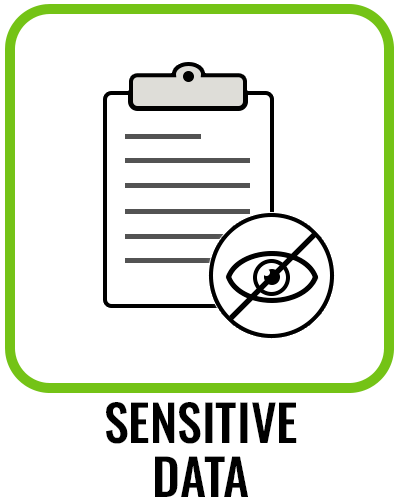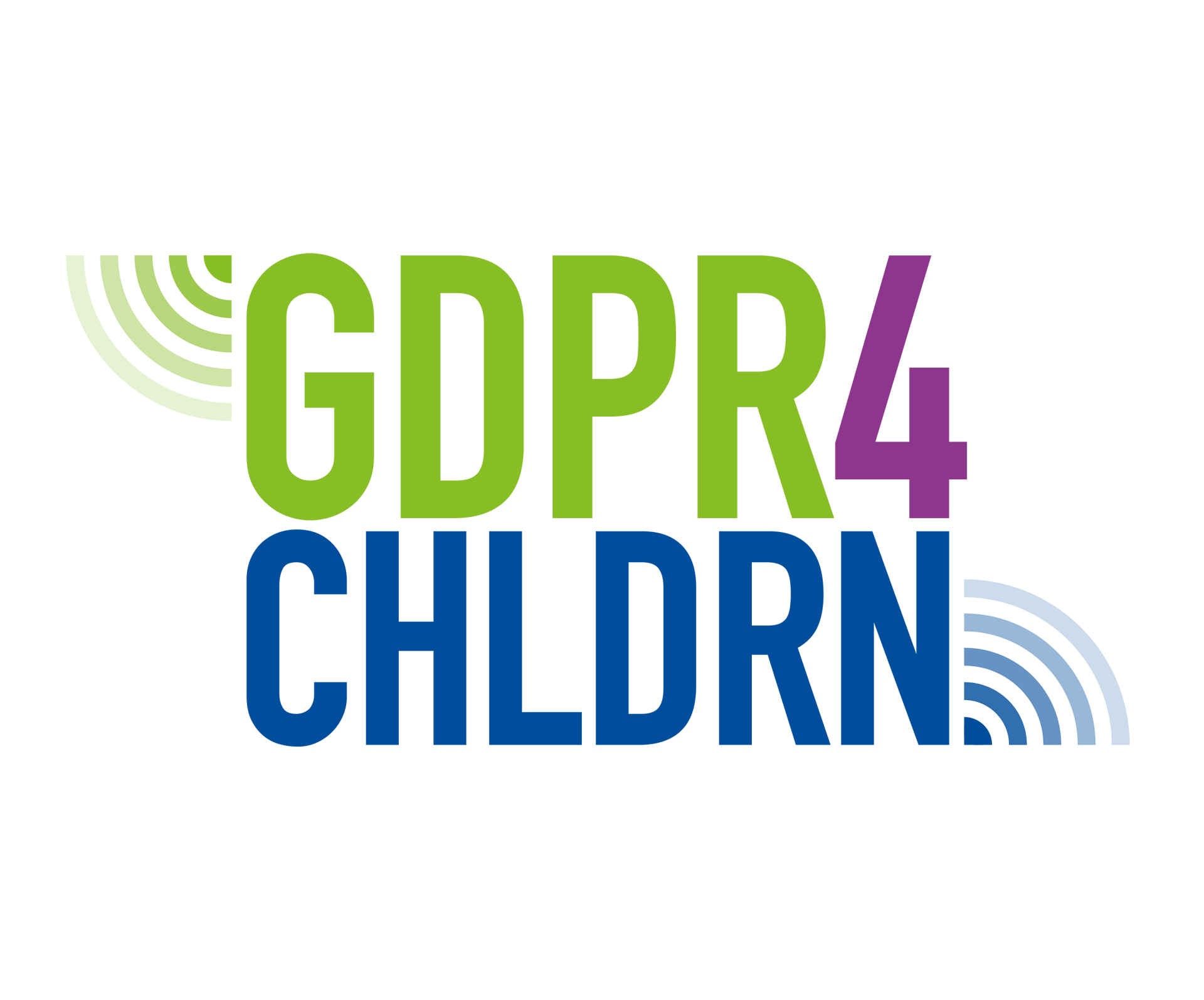Am I allowed to process the health data of children participating in the hobby?


As a rule, processing children’s health data in hobby and leisure activities is permitted, provided that it stays within the limits set by data protection legislation. ‘Health data’ means personal data related to a person’s physical or mental health.
The processing of health data may be permitted based on, for example, the data subject’s explicit consent. In hobby activities, the club or association often collects data from participants on forms and also requests health information with the consent of the children and their parents.
In hobby and leisure activities, children’s health data are often obtained from the child’s custodian or other representative, or from the child themselves. Information on a child’s allergies, illnesses or medication is often essential for guaranteeing the child’s health and safety in hobbies and leisure activities.
As the controller, the club must specify who has the right to process the child’s health data. The people responsible for the child in the hobby usually need access to such data. For example, it may be essential for you as the child’s instructor to be aware of the child’s health information if it can ensure the child’s safety during the activity and let you react to possible symptoms of illness. Likewise, information on a child’s allergies can be important at camp, where instructors are responsible for providing the child’s meals.
The sensitive nature of the data and potential damage caused to the child by its disclosure must be taken into account, especially when storing the health data of underage children. Health data must be stored so that third parties cannot access it. The data may only be disclosed to those who need it.
If you are processing children’s health data as an instructor or coach, you can ask the club for instructions on their processing.
More information on the processing of health data is available on the following article published on the GDPR4CHLRDN project’s website:
